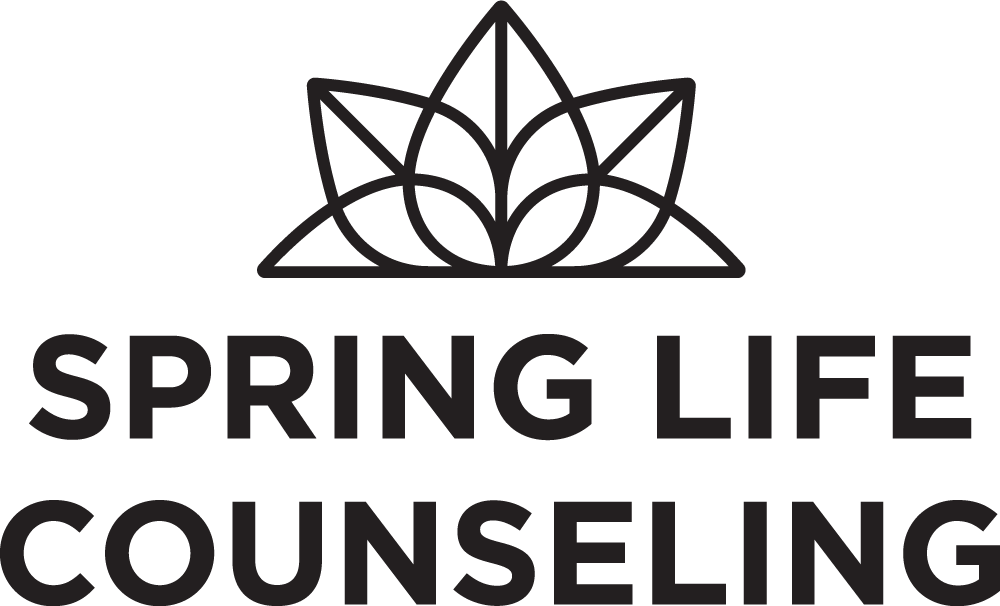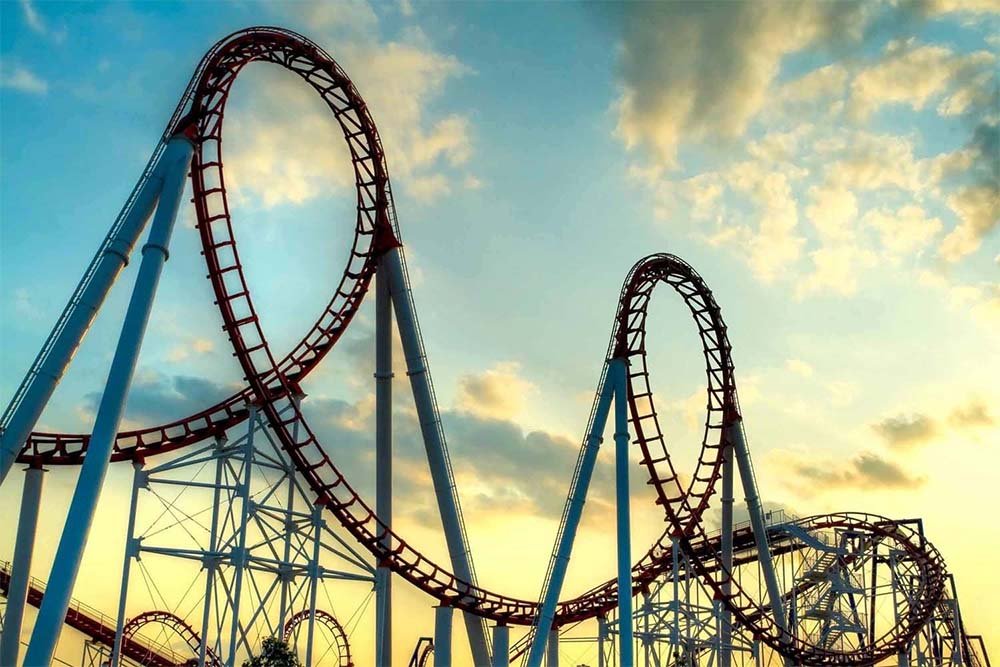Riding the Roller Coaster
Everyone experiences grief and loss regularly, yet few know how to tackle it effectively. Let's look at some ways people make grief unnecessarily hard for themselves and also how riding the roller coaster of grief can be one of the healthiest and most freeing experiences of your life.Grief and loss can come in all shapes and sizes. Big losses, little losses. Losses that anyone else would consider minuscule that feel huge to you...or that anyone else would consider huge that feel minuscule to you. Lies from a friend, a layoff, death, divorce, a break-up, abuse, raising a child with special abilities and needs, an affair, a miscarriage, the loss of sense of safety, loss of hope...I could go on. Even disappointments are losses that need to be grieved to some extent. Too often we take the "man up" approach to processing these losses, thinking the best thing to do is move on quickly. Or, perhaps we feel entirely overwhelmed and confused by how to process our grief well...it seems too big of a task to handle with no clear road map as to how to get there.The process of grieving rarely makes sense and hardly ever progresses in a straight line. I've sat in counseling sessions with people who recount their fifth adoption falling through as if they're reading from a newspaper but the same individual crumbles into pieces on my couch telling about the death of their pet bird. Grief doesn't make sense. The way we express it doesn't make sense. The way we process our losses doesn't make sense. So why do we expect the experience to be nice and tidy? The only thing of any real worth in grief is intending to stay on the path of processing our losses as they come...not avoiding them, not intellectualizing them and not making an idol out of them. There are tons of ways to grieve well. The only way to do it wrong is to attempt to not do it at all.How do people grieve "wrongly?"Attempts at avoiding the grief or intellectualizing the loss are what I see most often. "My dad died last week but I took a day off work dealt with it so I'm ready to move" would be an example of someone avoiding grief by attempting to rush through it. Additionally, people tend to diminish the severity of the loss and minimize it ("It was Only my uncle...dog...foot...whatever." or "It could've been worse...other people have gone through worse things."). Both of these techniques negate the impact of the event on your heart, shoving your emotions to the side. Please be assured: if this is your technique of choice, your emotions will pop up again in one way or another...not at a time of your choosing or in a way you would want. Anger, depression, anxiety, irritability, isolation, addiction are all ways that unexpressed emotions can make their presence known in your life.How do people grieve "correctly?"The best way to process losses...big or small...is to just ride the roller coaster. This doesn't mean you have to be a complete zoo as you work through your grief. What it looks like practically is to let the waves of anger, sadness, hilarity, desire for connection, desire for alone time, etc. all unfold as they come. Don't judge yourself for where you're at in the process. Just be where you are and continue to ride the roller coaster until it comes to a stop. If you allow yourself to experience grief on its own terms, the roller coaster will come to an end much quicker than if you continually deny the impact of the loss or attempt to rush through the process. Losses take time to heal and in most cases, life will largely go on while you're riding the roller coaster. It's more of an attitude of inward grace and bravery as you don't shy away from looking at the pain. It's a kindness to yourself to let the weight of the loss rest on you as long as it needs to. It won't stay forever, but if you let it touch your soul, it could be one of the most freeing experiences of your life.Anytime you are stuck in a loss and not sure how to continue processing your emotions, please either talk to someone you care about or set up a time to come in for a therapy session. You'd be surprised how helpful another set of eyes can be on an issue like this. I've only just begun to unpack some of my thoughts on this diverse topic. Check back soon for a post on how all losses live in the same building in your head, why we tend process grief in spurts or chunks, and what I think the point of grief ultimately is...my answer may surprise you!

